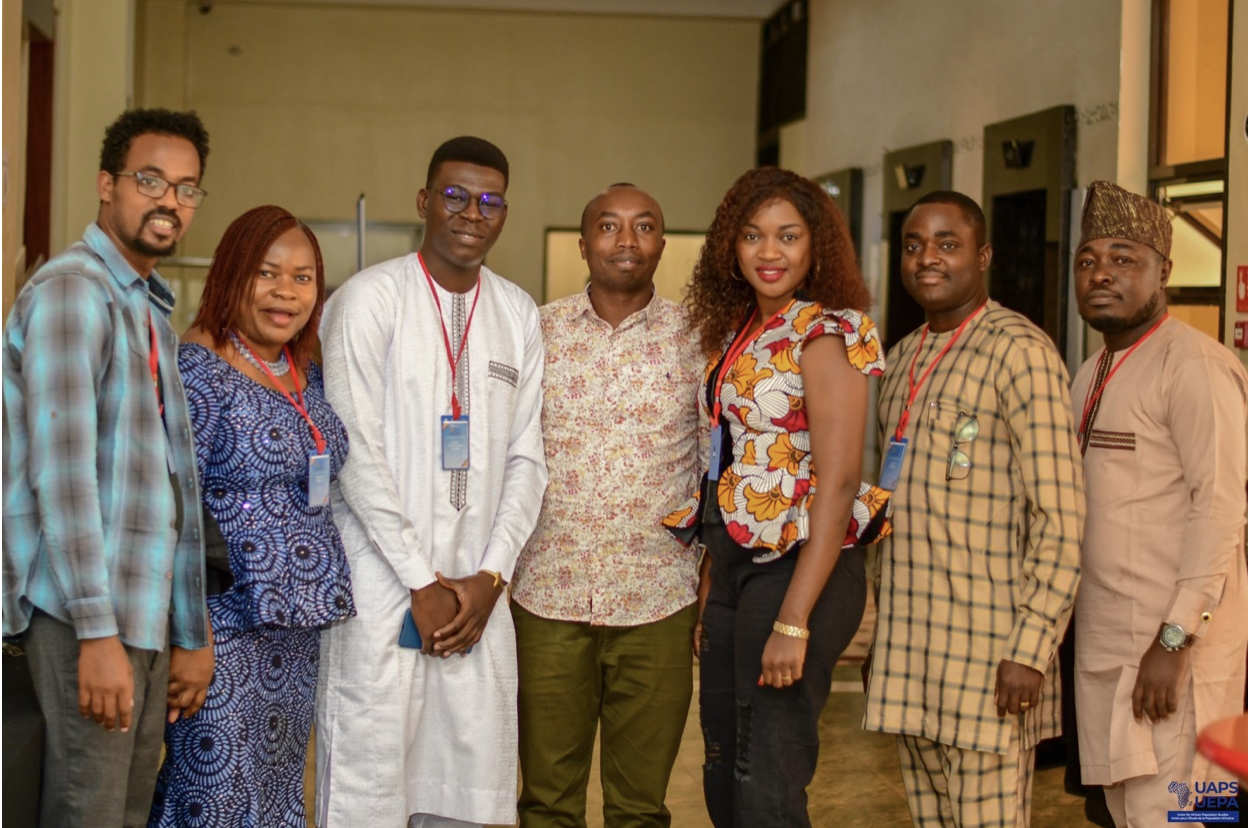Blogs

According to projections by the United Nations Africa’s population will reach 2.5 billion by 2050, representing more than 25 percent of the world’s population. Across the continent, the working-age population in many African countries will grow faster than any other age group. Africa’s youth population is expected to reach 850 million by 2050, and by 2063, young people will constitute half of the two billion working-age population. Africa will remain the world’s youngest region, with a median age of 25 years. This significant demographic shift presents a unique opportunity to harness the demographic dividend – a potential economic boost driven by a larger working-age population relative to dependents.
However, realising this dividend requires evidence-based policies, as well as strategic investments in health, education, and job creation to address the complex interplay of population dynamics and development. To capitalise on this demographic transition, Africa needs a strong cadre of population scientists equipped to tackle emerging issues and inform critical policy decisions.
Recognising this need, the African Institute for Development Policy (AFIDEP) and the Union for African Population Studies (UAPS) collaborated to launch the African Research and Data Use Capacity Building ( AfRes-Data) project. This initiative invests in the next generation of African population researchers, empowering them to generate cutting-edge research and shape evidence-based solutions to the continent’s most pressing population and development challenges.
The AfRes-Data project focuses on two strategic interventions:
- Developing the capacity of early career researchers (ECRs) to conduct and disseminate research on population and development issues.
- Creating platforms for data utilisation, knowledge sharing, and networking.
The project has established a sustainable ECR development programme through these interventions, delivering targeted technical training to young researchers. This programme equips ECRs with advanced research methodologies, grant writing skills, and scientific communication techniques, enabling them to conduct impactful research and contribute to evidence-based policymaking. Having commenced in October 2022, the programme has thus far seen the participation of two cohorts with the second cohort continuing through to October 2024.
Empowering voices: Our fellows’ stories
One of the fellows from the first cohort who has benefited from the AfRes-Data project is Obasanjo Bolarinwa. Bolarinwa sharing how transformative the fellowship has been on his career and research, noted: “The fellowship profoundly impacted my career trajectory and research focus. It allowed me to shift from just a doctoral student to combining teaching, research, and practical public health interventions.”
Bolarinwa cites the acquisition of advanced data analysis skills and a deeper understanding of population health issues as critical contributors to his success. He has since published impactful research, such as a study on the spatial distribution and predictors of intimate partner violence among women in South Africa, and secured funding for research on adolescent pregnancy in Nigeria.
Beyond skill development, the AfRes-Data project has facilitated the creation of a robust network of researchers and professionals in the field. Bolarinwa acknowledges the unexpected benefit of this network, stating, “This network has led to collaborative research projects and publications, such as the multi-level analysis of adolescent pregnancy in Nigeria, published in BMC Archives of Public Health and many other publications.”
Another fellow, Nissily Mushani, echoes the project’s impact. As a passionate advocate for research and data-driven policies, Mushani’s journey as an ECR has been shaped by a deep curiosity about development and population challenges in Africa, particularly in her home country of Malawi. The AFRES-Data fellowship represents an invaluable opportunity for her to reignite her career, further develop her skills, expand her knowledge base, and collaborate with like-minded individuals.
“The programme’s interdisciplinary approach has equipped me with advanced methodologies and analytical tools essential for my PhD research,” Nissily Mushani notes. “Collaboration with fellow researchers and experts on utilizing secondary data has enriched my academic discourse and opened up new avenues for impactful policy recommendations.”
The lessons learned through the Afres-Data project have profoundly impacted the professional trajectories of its fellows, giving them the confidence and expertise to engage in significant academic and professional events. In May 2024, several fellows had the opportunity to participate in the prestigious African Population Conference, where they presented their research findings and shared insights gained through the project. Obasanjo, like several other fellows, presented work on various areas of focus that allowed them to exercise the practical application of the skills and knowledge acquired through the fellowship. Their participation highlighted their individual achievements and underscored the Afres-Data initiative’s success in building a robust community of skilled population researchers.
The Afres-Data project exemplifies the importance of investing in the next generation of African population researchers. By equipping ECRs with the necessary skills and resources, the project lays the foundation for evidence-based solutions to address African population and development issues. As the continent navigates its population transition, initiatives like Afres-Data will be crucial in unlocking Africa’s potential and shaping a prosperous future for all Africans.

